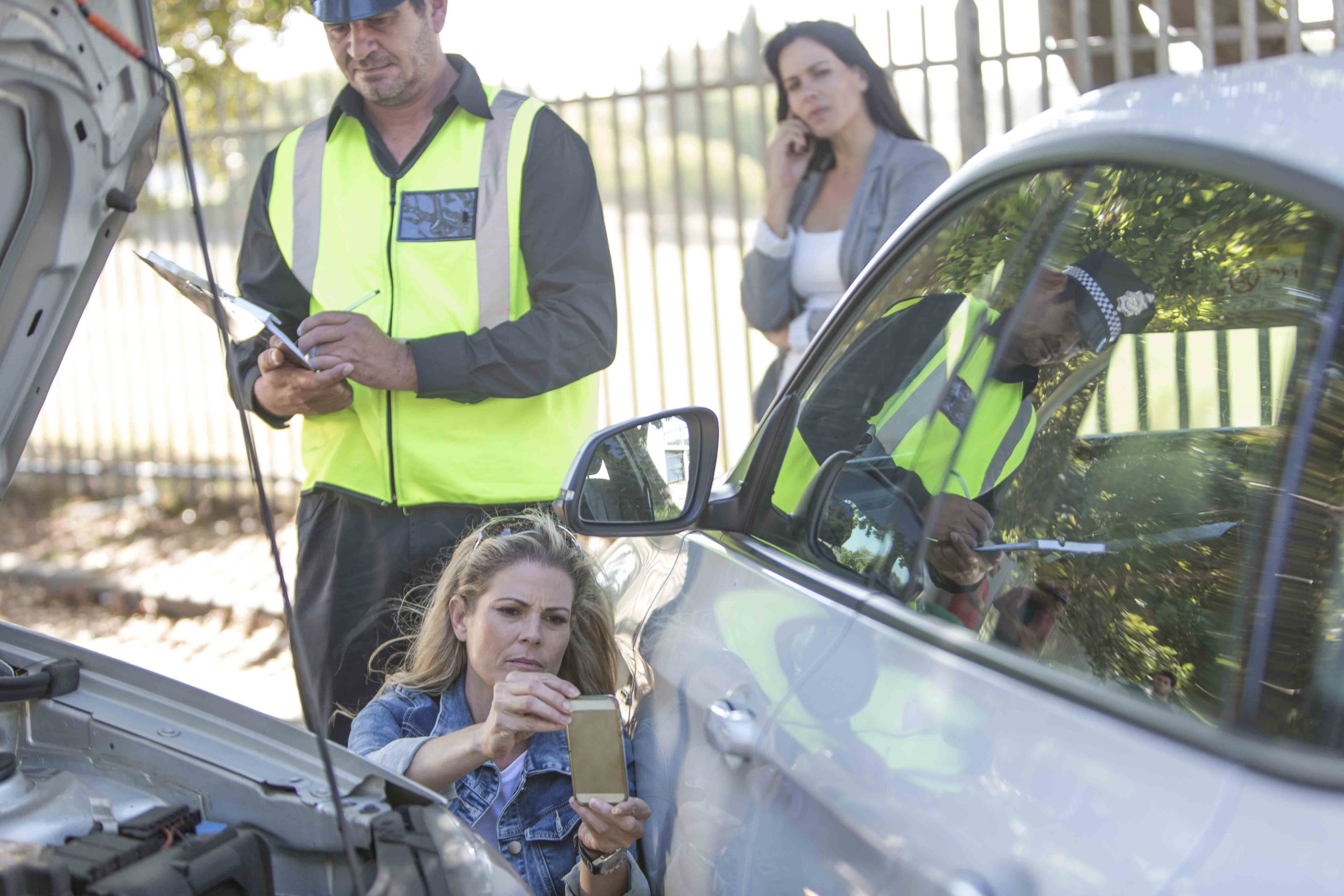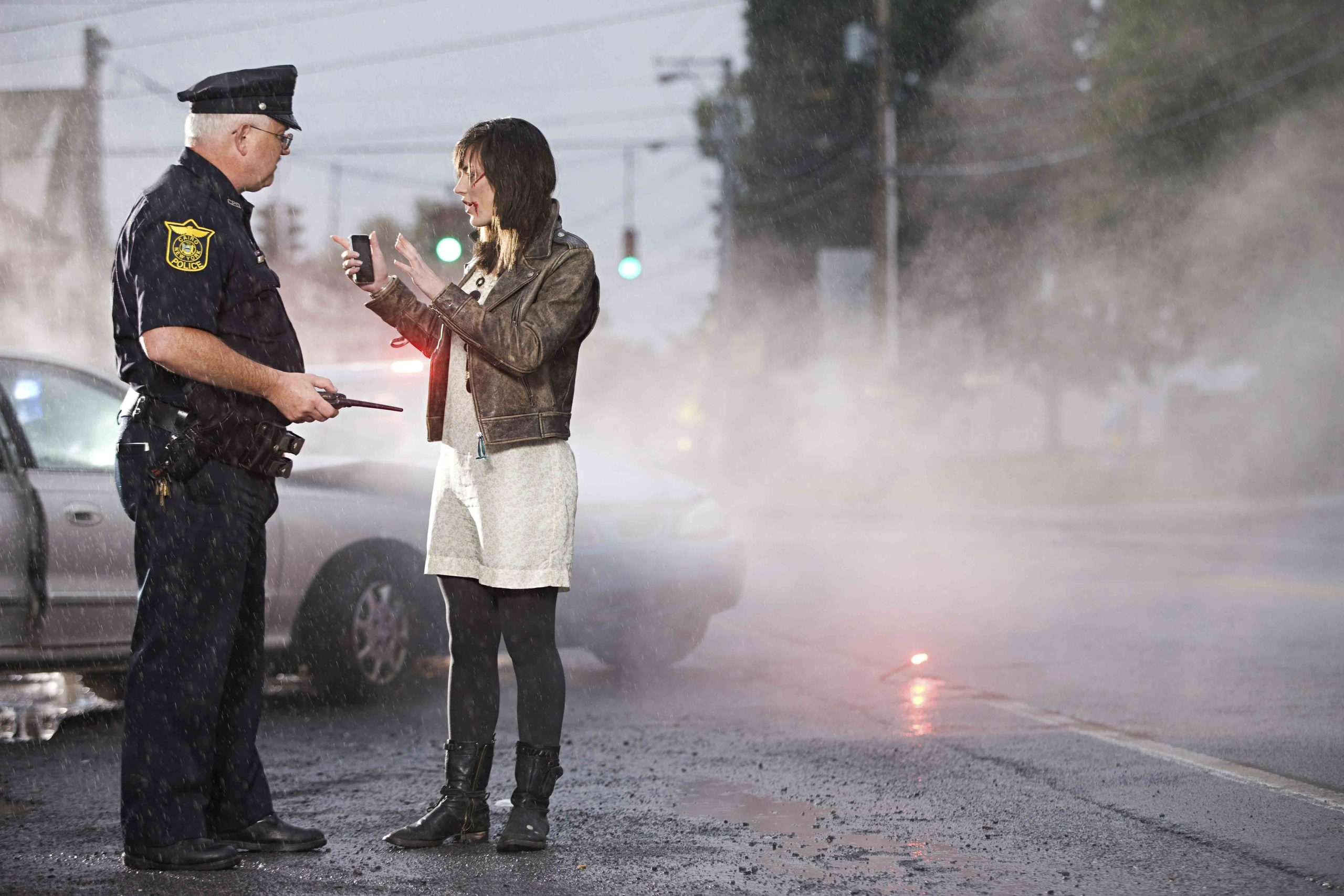Minor Car Accidents in Texas: To Report or Not to Report
Understanding whether to report minor car accidents in Texas can be crucial for drivers. Here is a short guide to assist you make this decision.
Do You Need to Report a Car Accident in Texas?

Following a car accident, it can be tough to know what to do. In Texas, you are not required to report every automobile collision, but there are several circumstances in which you must contact 911 and report the occurrence.
If the accident resulted in injury or death, if either car had more than $1,000 in damage, or if any of the drivers were inebriated at the time of the crash, you must report it.
It is critical to understand when you must report an accident in order to comply with the law and avoid any legal ramifications. If you fail to report a significant collision as required by law, you may face penalties and perhaps jail time.
It is also crucial to understand that reporting an accident does not always suggest that someone will be held accountable for damages; rather, it allows authorities to document what occurred and investigate further if required.
Why Should I File a Car Accident Report?

Deciding whether to file an accident report is a common concern for accident victims in Texas.
While Texas law does not require a report for every accident, there are significant benefits to filing a police report after a crash, even for minor damages or injuries.
Benefits of Filing a Car Accident Report
Filing a report creates an official record of the collision, which can be crucial for various reasons.
If you need to seek compensation from insurance companies or through a lawsuit, having an official report helps keep all your options open. This is particularly important if:
-
- Delayed Injuries
- Injuries that develop after the accident are not immediately apparent.
- Minor Injuries Escalate
- Injuries initially thought to be minor turn out to be significant.
- Underestimated Property Damage
- Property damage is more costly than first estimated.
Filing a report covers all bases after an accident. It protects you from potential legal consequences and supports any future financial recovery efforts.
An official report can help speed the insurance claims procedure. Police often determine liability at the scene, and insurance companies use the police report as evidence when processing your claim.
By filing an accident report or minor car accident no police report, you safeguard yourself against unforeseen complications and ensure a smoother path to resolving any claims or disputes.
This proactive step is essential for protecting your legal and financial interests following a car accident in Texas.
When Should You Report a Minor Car Accident?
If you’ve been involved in a minor car accident in Texas, it’s important to know when reporting is necessary:
Assess whether anyone is injured or if there is significant damage to vehicles. If there are injuries or damage, reporting is typically required.
If police are called to the scene, they will assess the situation and file a report if necessary.
Check your insurance policy. Some insurers require any accident to be reported, regardless of the severity.

In Texas, reporting car accidents is crucial, even for minor incidents. A police report can be a vital piece of evidence in case of disputes or legal actions. Understanding the state’s specific reporting requirements ensures compliance and protection for all involved parties.
Any car accident resulting in property damage valued at $1,000 or more to any one vehicle must be reported to the authorities.
Accidents involving any physical injuries, regardless of severity, must also be reported.
Filing a police report ensures that all damages and injuries are properly documented. This official record is essential for accurate assessments and claims.
Insurance firms use police records to evaluate responsibility and handle claims. Proper documentation helps in resolving claims efficiently and fairly.
In the event of legal disputes, a police report serves as a critical piece of evidence, providing an unbiased account of the accident.
These reporting requirements are designed to safeguard all parties involved in an accident. By adhering to them, you help ensure that the incident is thoroughly and accurately recorded, facilitating fair resolution and accountability.
Understanding and complying with Texas’s accident reporting requirements can significantly impact the handling of an automobile accident. Always ensure you follow these guidelines to protect yourself and others involved.
How Do I Report a Car Accident in Texas?

Filing a report for your car accident in Texas is a straightforward process, with multiple options available depending on your circumstances. Here’s how you can file your accident report:
When a police officer arrives at the accident scene, you can file your report with them directly. The officer will then file their report with their law enforcement agency, which becomes part of the public record.
If you did not call the police to the scene or choose to file your report later, you can submit it to the Texas Department of Transportation.
Filing a police report does not automatically grant you access to a copy of it. However, your attorney can obtain a copy of the report to assist with your claim or lawsuit.
-
- Regular Copy: $6
- Certified Copy: $8
Note that these prices may change, so it’s advisable to check the current fees.
If you have any questions or concerns about filing or accessing your Texas car accident report, contact a car accident attorney. They may give direction and verify that all relevant tasks are completed appropriately.
By understanding these steps and knowing where to turn for help, you can ensure that your car accident report is filed properly, protecting your interests and aiding in any subsequent legal or insurance processes.
When Can You Skip Reporting?
Not all minor accidents need to be reported:
If there are no injuries and the damage is minimal, you may not need to file a report.
If both parties agree to handle the situation privately, without involving insurance or authorities, you may opt not to report.
What Happens if You Don’t Report Your Accident?
Failing to report a car accident when required by law can have serious consequences. Here’s what you should know about the possible outcomes:
The other driver may pressure you not to involve the police, especially if they are at fault. They might offer to cover medical bills or vehicle repairs directly. However, giving in to this pressure is not advisable.
Always report any car accident immediately, regardless of fault or severity. Reporting ensures accountability for all parties and proper documentation for insurance claims.
Reporting an accident helps protect you from false accusations or allegations of a hit-and-run. It establishes a formal record that can be crucial if disputes arise later.
By reporting the accident, you safeguard your legal and financial interests and contribute to a fair resolution for all parties involved.
Roxell Richards Injury Law Firm: The Role of Lawyers in Minor Car Accidents

Minor car accidents can often seem straightforward, but they can quickly become complex. In these situations, the expertise of a lawyer can be invaluable.
-
- Accident Reporting: Lawyers can advise you on whether you need to report the accident to the authorities, helping you understand legal requirements and implications.
- Next Steps: They guide you through the immediate actions to take post-accident, ensuring you protect your rights and interests from the outset.
-
- Fair Compensation: Lawyers can handle negotiations with insurance companies on your behalf. They work to ensure you receive fair compensation for any damages or injuries sustained.
- Understanding Policies: They help interpret your insurance policy, identifying what coverage you are entitled to and any potential obstacles in your claim.
-
- Dispute Resolution: In cases where disputes arise, or the accident involves complexities, lawyers provide representation in legal proceedings. They advocate for your interests in court or during mediation.
- Complex Cases: If the accident involves legal complexities, such as multiple parties or unclear liability, lawyers ensure that your case is presented clearly and effectively.
-
- Gathering Evidence: Lawyers assist in collecting and preserving evidence, including photographs, witness statements, and medical records, which are crucial for building a strong case.
- Filing Paperwork: They handle all necessary documentation, ensuring that filings are accurate and submitted on time, preventing delays in your claim process.
-
- Protecting Your Interests: Lawyers ensure that you are not taken advantage of during the claims process, protecting you from unfair settlements or legal pitfalls.
- Future Claims: They help anticipate future legal or financial issues that may arise from the accident, ensuring you are prepared and protected.
-
- Reducing Stress: Handling the aftermath of a car accident can be stressful. Lawyers manage the legal aspects, allowing you to focus on recovery.
- Expert Guidance: With professional support, you can make informed decisions, confident that your case is in capable hands.
Contact Roxell Richards Injury Law Firm
If you’ve been involved in a minor car accident, consulting with a lawyer can make a significant difference in the outcome of your case.
The Roxell Richards Injury Law Firm is dedicated to providing comprehensive legal assistance, ensuring that your rights are protected and you receive the compensation you deserve.
Conclusion
Deciding whether to report a minor car accident in Texas depends on various factors, including the extent of damage and presence of injuries.
